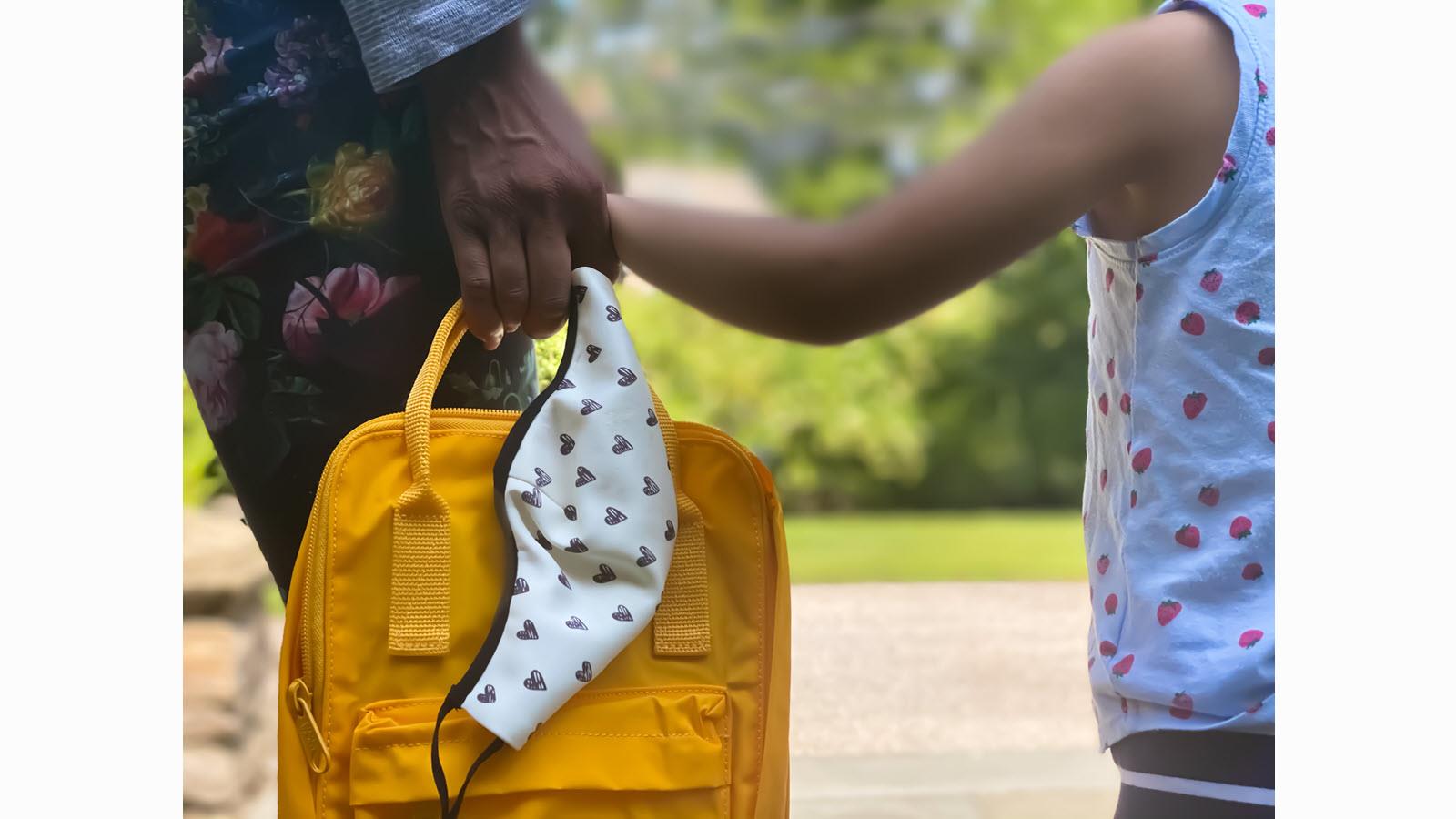Students who live with a primary immunodeficiency disease are more vulnerable to serious infections, but nothing should stand in the way of their equal access to public education. That’s the message in an updated guide from the Immune Deficiency Foundation, which advocates for patients who have one of several hundred immune system disorders.
The new guide, available for free download, was informed by the COVID-19 pandemic and now covers virtual, hybrid and homeschooling models.
“For some students with PI, these options may be the best way to balance education and health,” the IDF says.
For kids who attend in person, parents can advocate for good ventilation in school buildings and the guide refers them to the CDC’s ventilation recommendations. Sometimes, the air-flow solution is easy and no-cost.
“Improving the air quality and circulation can be as simple as opening a window,” the IDF guide says.
The revised guide also emphasizes the responsibility school staff have in watching out for outbreaks of infectious diseases and letting the parents of kids who have PI know right away. It’s also up to school officials to enforce best practices like routine hand washing and use of hand sanitizer, especially before eating, after visiting the restroom and after being outdoors.
To get better acquainted with teachers and school administrators, the guide offers several letter templates for getting off to a professional, respectful start with these important school officials.
All children in the U.S. are entitled to a free, appropriate public education guaranteed by two laws: Section 504 of the Rehabilitation Act of 1973, and the Individuals with Disabilities Education Act (IDEA). Each one creates a framework for educating students with any condition that hinders their ability to learn.
The end goal of both laws are written documents – a 504 plan and an Individualized Education Program or IEP – that specify what action the school will take to promote a child’s academic success. These plans can be specific to a student’s needs, and the IDF recommends taking an active role in developing them alongside teachers and school personnel. In some cases, students can get involved.
An IEP includes specialized instruction, while a 504 plan simply provides “accommodations and modifications” for students to receive equal access to instruction, school activities, and facilities – for example, a private space to take medication, extended assignment deadlines and access to class notes in the event of health-related absence.
For more information, see Chapter 6 in the IDF’s Guidelines.
The guide also includes detailed information about vaccines for kids with PI, some of whom can’t receive certain vaccines and must rely on herd immunity.



